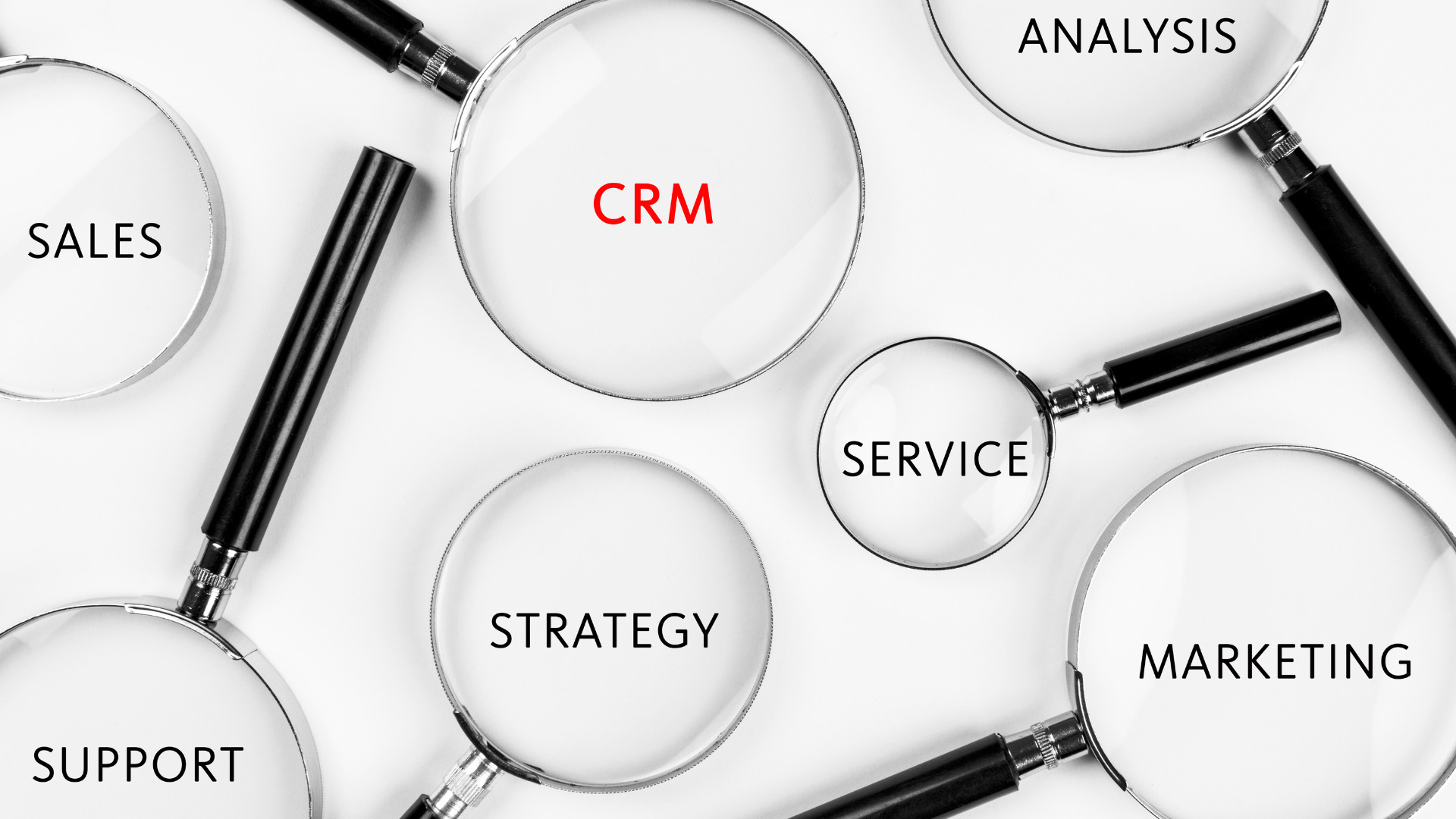
Inflation rates are at the highest level in decades, and rising interest rates have caused many businesses to panic about the future.
Economists at Canada’s largest banks agree that Canada is heading towards a recession as early as the first quarter of 2023. Financial experts expect the economy to slow down and technically enter a mild recession in the first half of 2023.
When anticipating a potential recession, priorities pivot to survival, recovery, and disruption preparation. Businesses are searching for new ways to do business and succeed. Making difficult decisions to reduce overhead and expenditures is one way to save. However, relying on this as your sole strategy could prevent you from missing other opportunities that will deliver positive long-term results. One possibility may be to invest in new efficiencies that will cut costs now and in the long term. You don’t just want to survive this downturn—you want to establish long-term sustainability, growth, and profitability.
Here are a few key ways modern technology and an advanced ERP system can support you and help you survive — even thrive — in a recession.

Technology Can Improve Visibility and Overall Business Efficiency
Without necessarily requiring layoffs, pay cuts, or downsizing, turn your attention towards optimizing internal processes. With the right ERP system implemented in your organization, you will have a complete 360-degree view of your business in real-time. This cross-departmental transparency will be incredibly useful before, during and after a recession.
It will provide you with the financial, operational and performance insights you need to make strategic business decisions. The right ERP solution doesn’t just support financial management; it can streamline, simplify, and manage complex processes across various departments. Enhanced visibility and control of the supply chain are critical during a recession to prevent delays or cancellations from having as much of an impact on your bottom line. It can optimize inventory management and reduce unnecessary overhead and expenses.
Technology Can Boost Your Team Productivity
You can keep your sales team’s productivity and create opportunities to engage with existing and new customers by investing in technology. You can use these tools as launching pads to test new sales techniques.
When social distancing and remote workers are a requirement, we cannot overstate the importance of technological communication tools. Your ERP should enable transactions with customers and suppliers to flow seamlessly between you and persons outside your organization. It gives you complete data access to the entire business, including customer orders, inventory, supply, financials, and other conditions. ERP systems should act as one source of truth that bridges data from accounting, finance, inventory, sales, and customer service. That leads to informed decisions, fewer mistakes, and better operational performance.

Technology Can Improve Customer Relationships
A good CRM system can help find, acquire, and retain customers. It can provide valuable customer insight enabling you to meet individual client needs. CRM unifies all points of customer interaction. By nurturing existing relationships and managing & generating targeted leads through CRM solutions, you’re ensuring your customer base will remain strong throughout any economic waves.
You can use CRM software to identify and target loyal and profitable customers. This approach allows you to increase revenues through existing customers rather than the more costly proposition of chasing new ones. You can also identify customer segments that will spend more and those who are less price sensitive with a strong vision of your product that they can communicate within their networks.
Conclusion
BHC Group focuses on implementing, training, and supporting highly customized ERP software solutions. Our ERP software provides the customer insight needed for managing and controlling businesses in the new normal. Contact the BHC group to discuss how you can use your ERP software with these processes to help strengthen your company in the event of a down economy.





